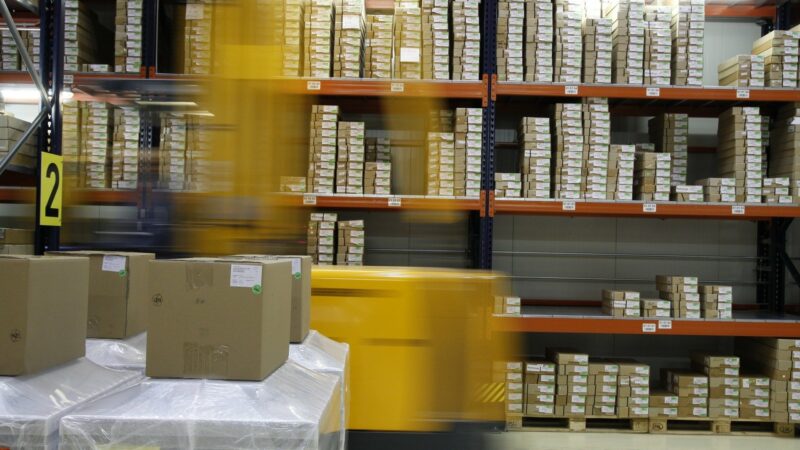
32% of all jobs in ‘red wall’ constituencies won by the Tories from Labour in the last election are estimated to be at risk of automation by the early 2030s.
A report by Future Advocacy has said that eight million jobs are at risk of automation over the next ten years and it has called on the government to protect communities.
The think tank estimated that 30% of jobs are vulnerable nationally with the greatest loses expected in retail, manufacturing and transport.
The research shows that the impact of automation will be felt differently across the various regions in the country with an uneven distribution of job losses.
1.2 million jobs in retail are thought to be at risk, with a further 1.1 million in manufacturing and 800,000 in transport.
A researcher at the think tank Anna Pick said: “The task of ‘levelling up’ Britain is only going to be made harder by the oncoming decade of automation. Our report projects that almost a third of existing jobs could be automated by 2030.
“We must ensure that communities, particularly those in towns and rural areas across the Midlands and the North of England, do not suffer as a result. The government needs to double down on efforts to create jobs, boost skills, and improve infrastructure.”
A recent review by the committee on standards in public life investigated the way in which artificial intelligence and automation will change the way in which public services are delivered.
The Labour-affiliated union Unite criticised the report for a failure to examine and discuss the threat that the phenomena pose to public sectors jobs.
Analysis previously commissioned by the trade union found that employment in health and local authorities are at a high risk of automation.
An executive officer for Unite, Sharon Graham said: “A report on robots in the public sector has forgotten about the humans. It’s astounding that an in-depth report on artificial intelligence and ethics in the public sector has been produced without any consideration of the risk new technologies could have on public sector workers’ livelihoods.
“There are over five million workers employed in the public sector including the NHS and local authorities where many jobs are at a high risk of automation.
“Unite is developing a political and industrial strategy to build a future that works. New technology is going to generate a lot of opportunities but there are also threats. We will fight to make sure the benefits are shared and used to do things that help public sector workers and their families, such as reducing working time without loss of pay.”
Research suggests that the impact of job automation will not be equal across different demographics within the population.
A report by the office for national statistics in 2017 demonstrated that over 70% of those jobs considered vulnerable to automation were held by women.
In addition to this younger people are significantly more likely to be in employment expected to be more heavily affected by automation over the next few years.
Some industries have already seen significant impact. Between 2011 and 2017, reporting from the ONS revealed that 25.3% of supermarket checkout disappeared.
Various companies are experimenting with increasingly automated models – Amazon, for example, has been trialling shops that operate without any staff.
The full report from Future Advocacy can be found here: Automation and Britains New Political Landscape – Future Advocacy




More from LabourList
‘SEND reforms are a crucial test of the opportunity mission’
Delivering in Government: your weekly round up of good news Labour stories
Labour place third in Gorton and Denton by-election as Greens gain seat